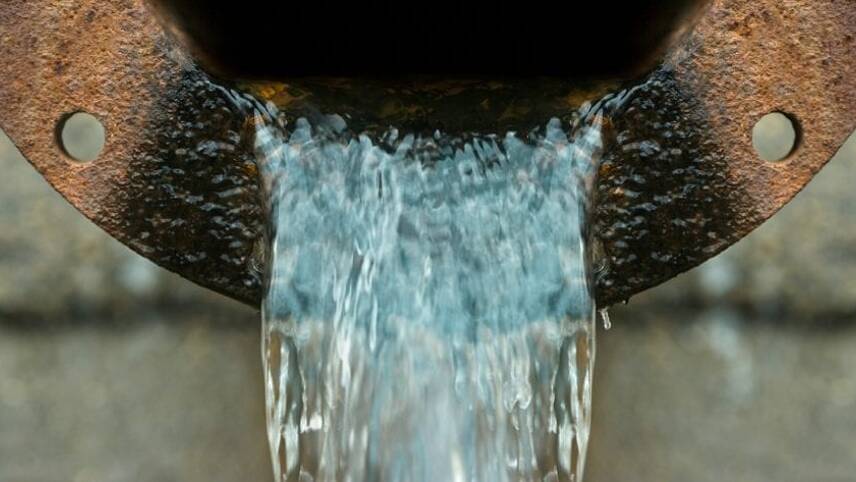You’ve reached your limit!
To continue enjoying Utility Week Innovate, brought to you in association with Utility Week Live or gain unlimited Utility Week site access choose the option that applies to you below:
Register to access Utility Week Innovate
- Get the latest insight on frontline business challenges
- Receive specialist sector newsletters to keep you informed
- Access our Utility Week Innovate content for free
- Join us in bringing collaborative innovation to life at Utility Week Live

Yorkshire Water has announced three smart wastewater network pilots aimed at improving understanding of assets as well as reducing sewer flooding and pollution.
The pilots will utilise technologies including digital twins, artificial intelligence (AI) and operational technology (OT).
One pilot will be conducted in Ilkley, where the smart monitoring, analytics and control solutions will be used to manage the flow of sewage from homes to treatment works and, once treated, discharges back into the environment.
Yorkshire said the pilot would ultimately offer real-time, end-to-end management and control of wastewater flows and assets, reducing intermittent discharges from combined sewer overflows (CSOs), sewer flooding and improving energy efficiency to reduce carbon emissions.
The pilot will also contribute to planned river water quality improvements in the River Wharfe.
The two others areas identified for trials are Hadfield, Sheffield and Holbeck in Leeds.
In Hadfield the work will build on the existing smart water distribution and metering scheme to reduce water leakage and detect bursts.
The smart wastewater network will use the same communication technology to monitor wastewater at an individual property level. Yorkshire expects this approach to detect unexpected fluctuations in flow and level, enabling blockages and other network problems to be more rapidly attended and resolved.
In Holbeck the pilot will focus on predicting sewer network problems before they occur using increased monitoring and rainfall data.
Richard Kershaw, Yorkshire Water wastewater innovation programme manager, said: “The technology available to us now means we are better able to access and analyse data from multiple sources. Ultimately, this provides us with greater visibility of what’s happening within the wastewater network so we can manage and control it better and respond to changes quickly and efficiently.
“Each project will tackle specific issues that are important to our customers locally, but they will each offer important learning for how we manage our network in the future and provide value to our customers throughout the region for the long term.”
Claire Green, Yorkshire Water’s manager of environment and wastewater strategy, said: “These pilot projects will increase our understanding of the performance of the sewer network and could lead to a wide range of measures to improve the systematic approach we take to managing wastewater flows from sinks and toilets, through our networks and treatment works, and back to the environment.”




Please login or Register to leave a comment.